In this second part of the 3 Part series post, I will share with you the AI chatbots
developed on other large language models (LLM), built by other companies that are
the competitors of OpenAI. Though most of them perform either similar or specific tasks, they set themselves apart as ChatGPT alternatives.
As AI technology rapidly evolves, these ChatGPT alternatives have become more sophisticated and specialized. Let’s take a look at the 11 best ChatGPT alternative AI chatbots that are revolutionizing various industries around us.
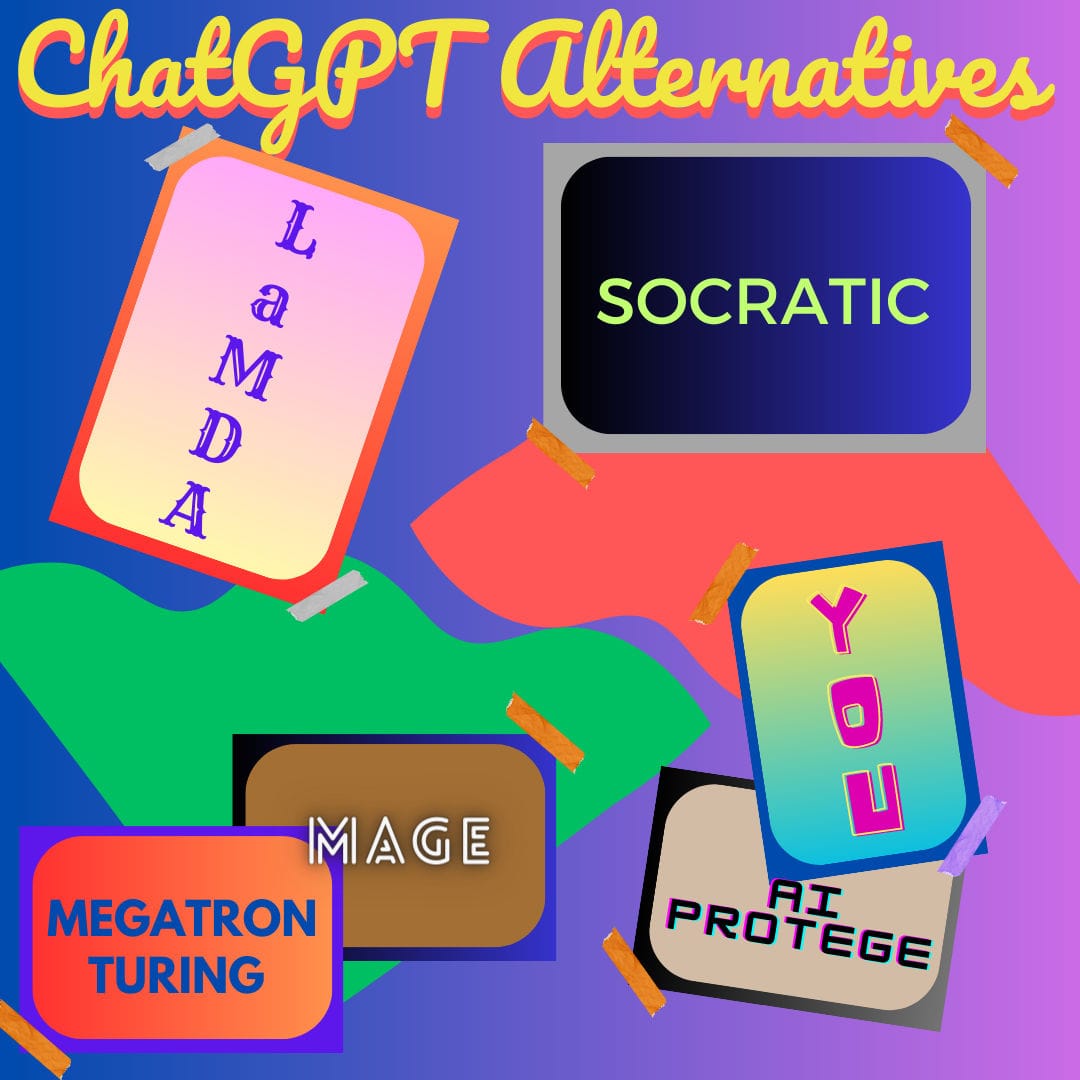
Table of Contents
Google’s Gemini
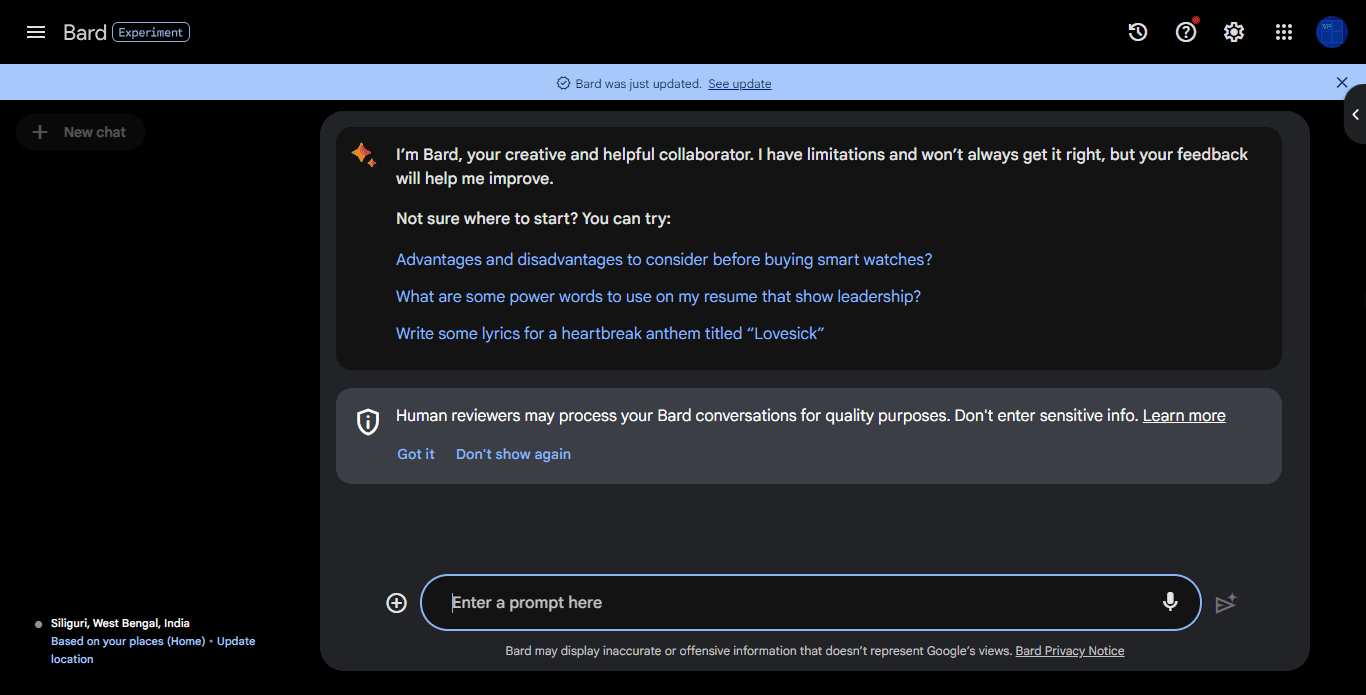
Google’s Gemini is a versatile tool that goes beyond search, acting as your personal brainstorming partner and productivity booster. LaMDA is a language model developed by Google. Bard AI which was previously based on the LaMDA language model is now based on PaLM 2 LLM and is now called Gemini.
With its mastery of language, code, and even images, this AI chatbot can help you write with flair, translate languages on the fly, or even generate creative text formats. Whether you’re a student tackling a research paper or a professional fine-tuning a presentation, Gemini’s got your back.
- Gemini is powered by PaLM 2 language model
- Available in 180+ countries
- Integrates with Google services for enhanced functionality
- Continually updated with new features and capabilities
Anthropic’s Claude
Anthropic, a pioneer in artificial intelligence, is behind the innovative Claude family of language models. Powerful and intelligent, Claude models are designed to tackle diverse tasks and deliver exceptional results.
The Claude 3.5 Sonnet model raises the industry bar for intelligence, offering the speed and scalability needed for high-volume use cases.
- Anthropic is known for its strong ethical AI principles
- Available through various platforms including Slack and Anthropic’s website
- Claude 3.5 Sonnet excels in task completion, analysis, and creative writing
- Offers both Claude and Claude Instant versions for different needs
Microsoft’s Copilot
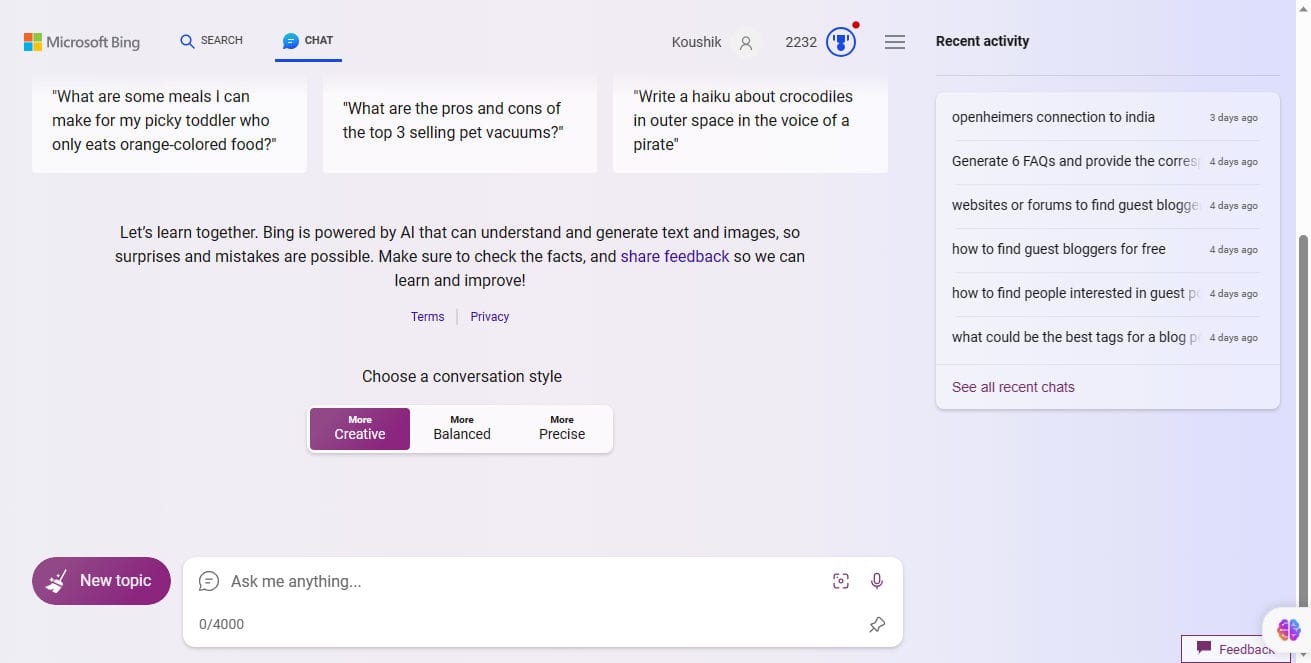
Copilot formerly known as Bing Chat is an advanced AI chatbot from Microsoft that utilizes NLP to understand user queries and provide contextually relevant responses and suggestions. It can also generate images based on text inputs.
- Integrated into Microsoft Edge and Bing search as an AI chatbot
- Copilot can also be used with Google Chrome
- Powered by GPT-4 and 4o for advanced language understanding
- Offers image generation capabilities
- Provides real-time information with internet access
Socratic: AI-Powered Learning Assistant
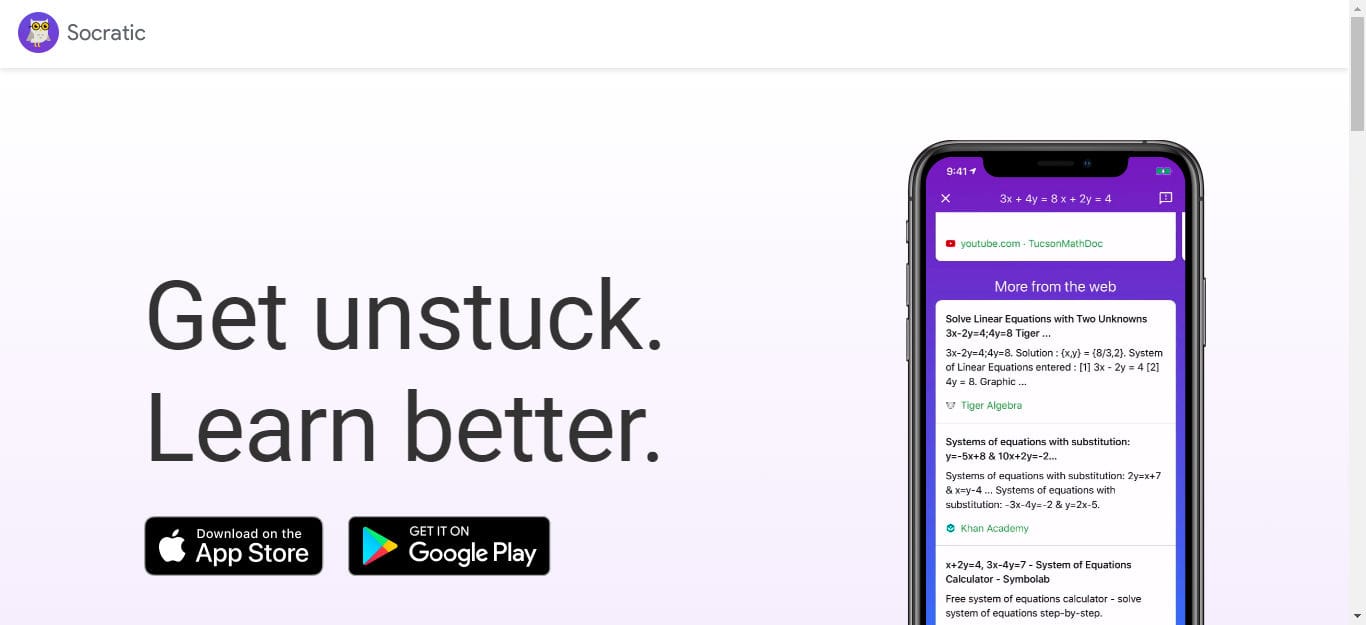
Socratic is a Google learning app. It helps high school and university students understand their schoolwork. Socratic uses Google’s artificial intelligence and technologies to connect students to useful educational resources from around the web and on sites like YouTube.
Students can ask this AI assistant for solutions and explanations to problems using their voice or camera just like asking an assistant. And Socratic offers expert-created study guides, instructional videos, and step-by-step solutions to those problems. This ChatGPT alternative is solely for academics.
- Google’s educational AI tool
- Helps students with various subjects through voice or camera input
- Offers step-by-step solutions and expert-created study guides
- Continually updated with new educational resources
Mage
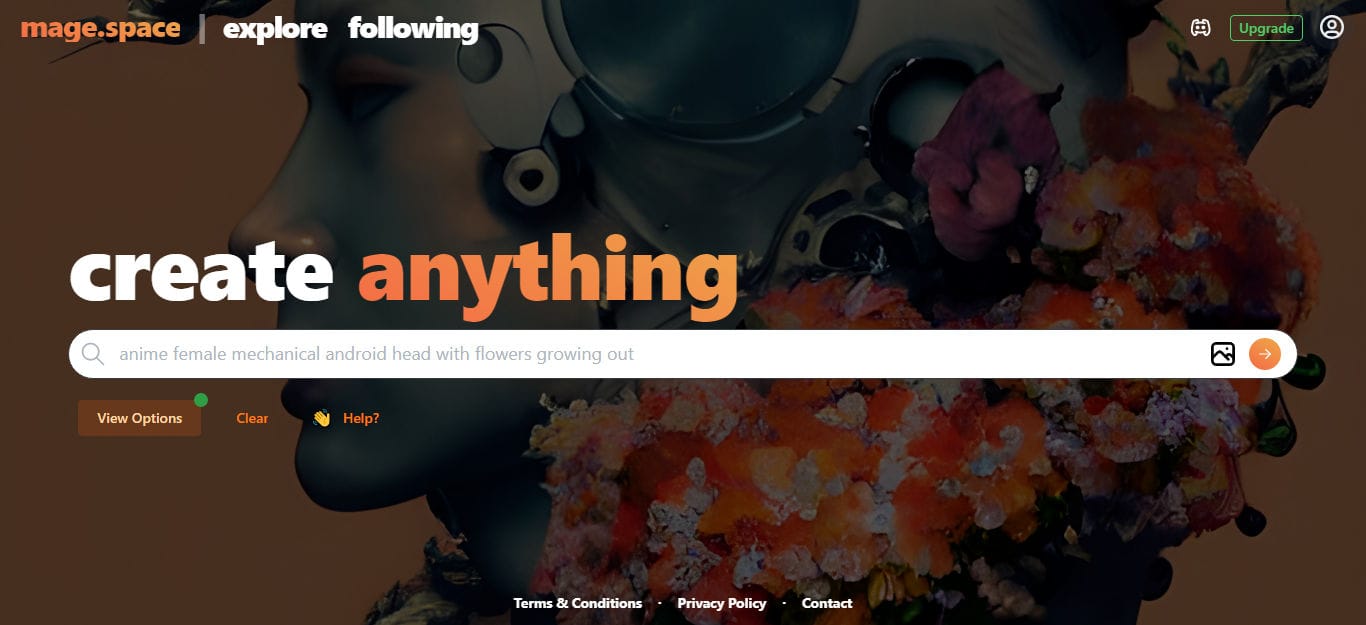
Mage is a free, fast, and unfiltered stable diffusion. You can generate any art you can imagine effortlessly using their state-of-the-art AI chat platform. Mage is run by Ollano Inc.
Mage strives to provide a platform for makers, designers, and innovators to come together and share their work with the world. It is a platform to learn, create, and collaborate.
Midjourney: Advanced AI Art Generation
To create images from your text descriptions Midjourney turns your words into art, uses two powerful machine learning techniques: large language models to understand your descriptions and diffusion models to bring those descriptions to life.
Midjourney’s models offer diverse capabilities, from realistic imagery to anime-inspired art, catering to your image creativity needs as you AI assistant .
- Replaced Mage as the leading AI art generator
- Offers highly detailed and realistic image creation
- Accessible through Discord
- Frequent updates with new styles and capabilities
BLOOM: Open-Access Multilingual Model
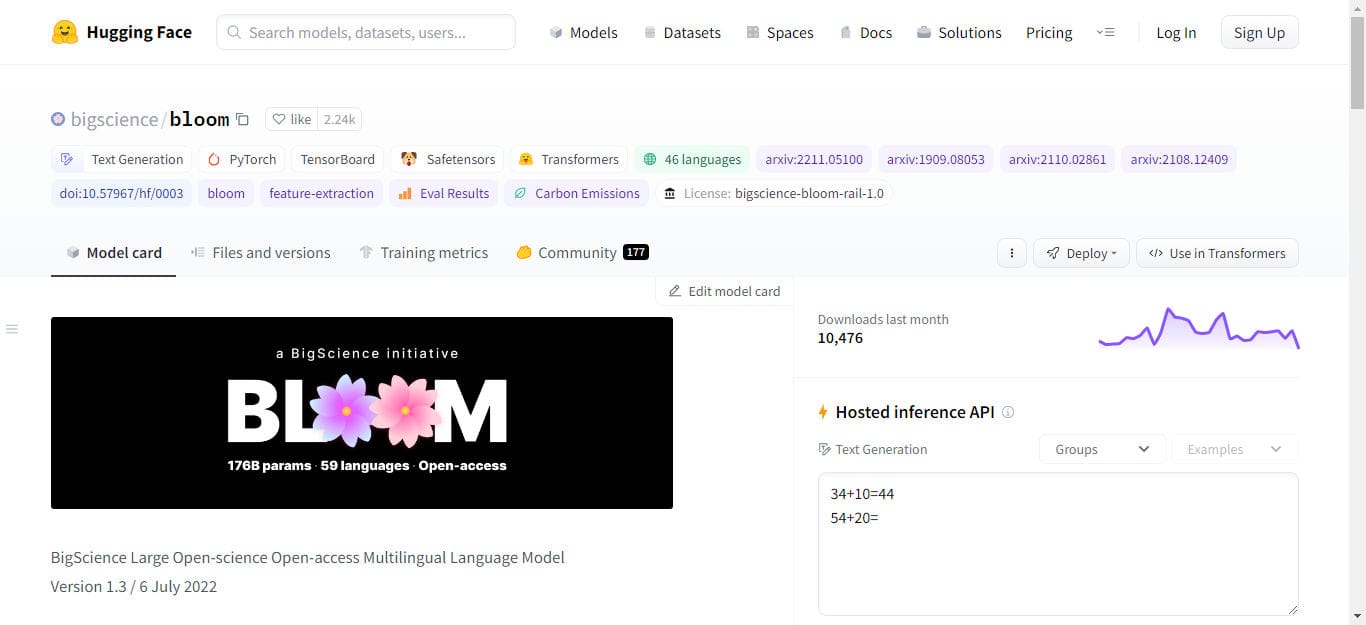
BLOOM is an open-access multilingual language model. It is designed to provide language models that are capable of capturing the full range of natural language, from casual conversations to formal written texts. You can access an older version of BLOOM after registering with Hugging Face.
- Supports 46+ languages and 13 programming languages
- Open-source and freely available for research and commercial use
- Continually fine-tuned for improved performance
- Accessible through Hugging Face
AI21 Labs’ Jurassic-2
AI21 Labs’ Jurassic-2 is a powerhouse language model designed to supercharge real-world applications. This next-generation model boasts impressive accuracy and fluency, tackling tasks like writing assistance, code generation, and information extraction with ease.
Jurassic-2 comes in three sizes to fit your needs, from the cost-effective “Light” for basic tasks to the ultra-powerful “Ultra” for complex projects.
Wordtune one of the well known content generation apps is build on this model.
- Multilingual model with strong reasoning capabilities
- Offers various sizes for different application needs
- Excels in tasks requiring analytical thinking
- Available through API for developers
You.com
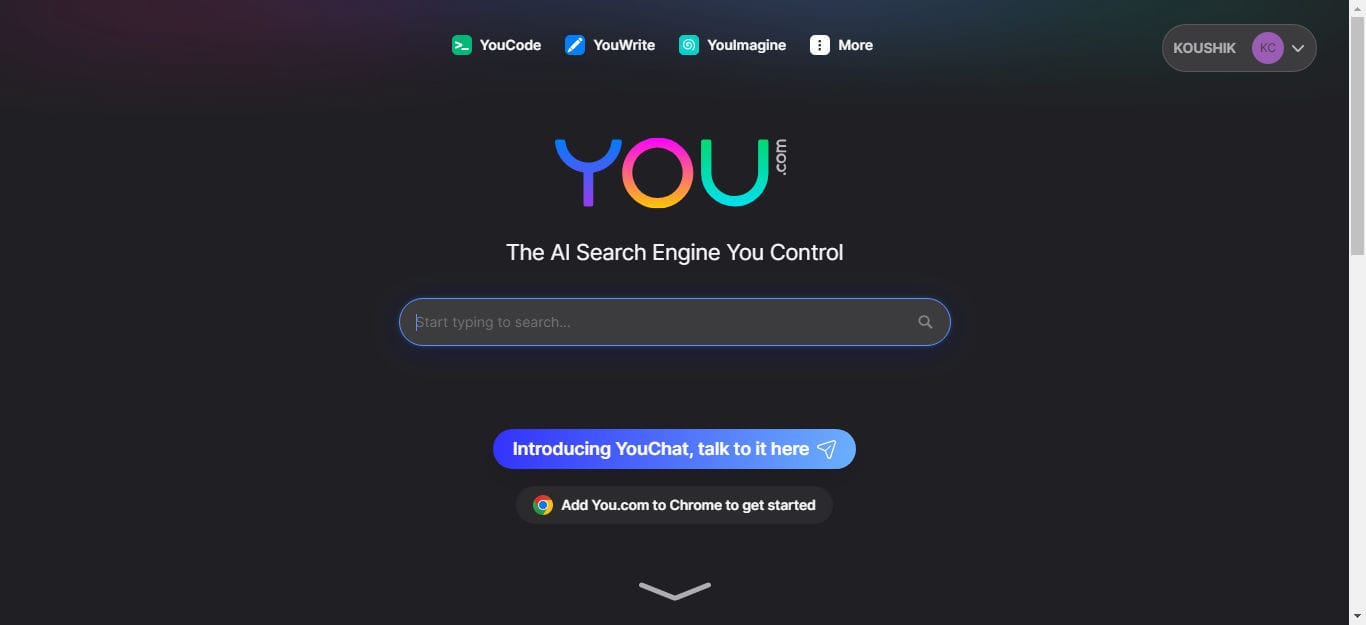
You.com is an AI-powered private search engine without ads that you can customize with 150 apps like Amazon, Twitter, Medium, etc. It allows horizontal and vertical scrolling to help you discover more in less time.
You can use its features to generate code, study from various sources and apps, and connect to social media platforms, all in one place. You.com also comes with a browser extension for its AI chatbot called YouChat.
- You.com started as a search engine but has shifted its focus to offering a personalized AI chat assistant.
- It can understand and deliver information in various formats like articles with citations, charts, and even AI-generated art, making your search results more engaging.
- You.com considers your search history and preferences to give you the most relevant information, providing you a personalised response.
- It can also solve complex problems, translate languages, and even create different creative text formats based on your prompts.
Perplexity AI
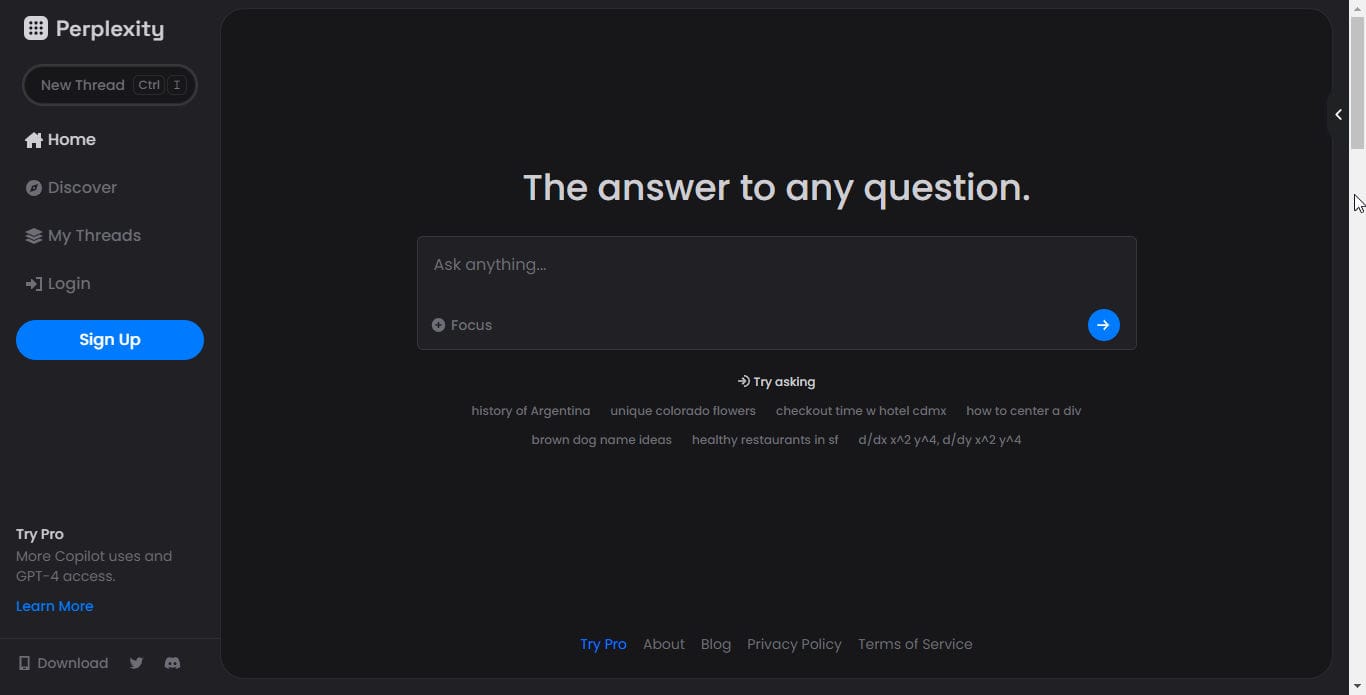
Perplexity AI is an AI-powered chat tool that functions as a search engine, providing users with answers to their queries by searching the internet for information. It uses a language model similar to ChatGPT (GPT-3) and displays the sources of the information it provides, allowing users to verify the answers.
As an all rounder AI assistant, Perplexity AI can be used to answer FAQs, find step-by-step instructions, define terms, find opening hours, and even provide weather forecasts that makes it a great alternative to ChatGPT.
- Combines language model with real-time web search
- Provides sourced answers with links for verification
- Offers a Pro version with GPT-4 integration
- Mobile apps available for iOS and Android
Stable Diffusion
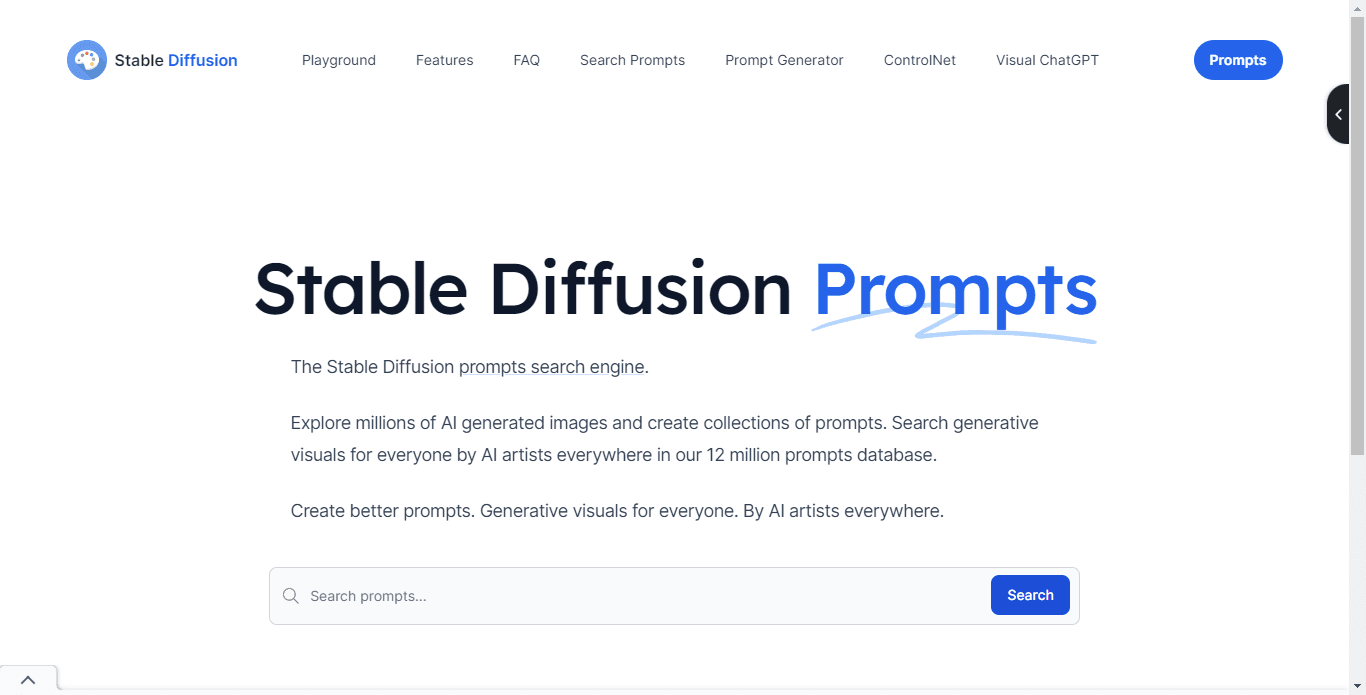
Stable Diffusion is an open-source image generation model that has advanced neural network architecture, optimization techniques, and hyperparameter tuning. It is a large diffusion model that can generate photorealistic 512×512 pixel images from text prompt.
- Latest version of the popular open-source image generation model
- Significant improvements in image quality and consistency
- Widely used in various AI art applications
- Customizable for specific use cases
Meta’s LLaMA 3
Meta’s LLaMA 3 is shaking up the AI world with its open-source accessibility. This powerful language model isn’t locked away in labs; it is free for anyone to use for research or commercial purposes.
Whether you’re a developer building the next big app or a student exploring the potential of AI, LLaMA 3 puts cutting-edge capabilities at your fingertips. Plus, with its seamless integration with popular platforms like Microsoft Azure and Amazon Web Services, accessing LLaMA 3 becomes easy.
- Open-source large language model
- Available for commercial and research use
- Offers various sizes up to 70B parameters
- Growing ecosystem of applications and fine-tuned versions
- It’s already being used to power Meta’s AI assistant
Conclusion
These ChatGPT alternatives offer a wide range of capabilities, from general conversation to specialized tasks like image generation and educational support. As AI technology continues to advance, we can expect even more powerful and specialized tools to emerge.
Have you tried any of these AI chatbots? Share your experience in the comments below!
Before concluding this post I want to put across a point. I have used many of these AI applications mentioned in this 3 part series. What I have found is that you cannot rely solely on AI-generated content, at least at present. You need to do your own reference work to rely on factual data provided by AI. Distinguishing information as right or wrong is your priority and the AI’s job is to assist you with its human-like conversation abilities. Over time this scenario will definitely change.
Read about AI browser extensions in Part 3 and here is the link in case you have missed Part 1 of this three-part series.
Share this post with your friends and colleagues if you have found some value. Share your views in the comments.
Note:
AI technology is evolving rapidly. Always check the latest information and user policies for each platform as features and availability may change.




